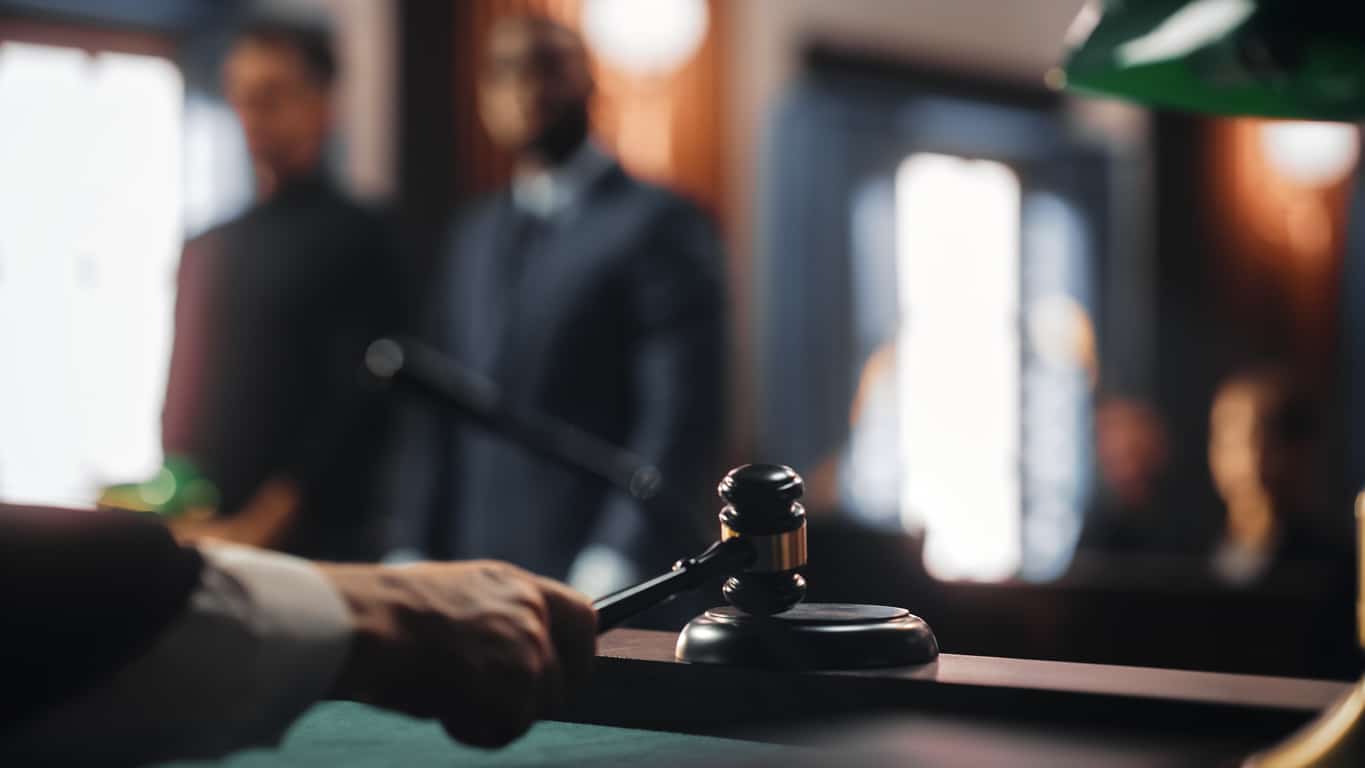Michael DiCindio | January 18, 2024 | Criminal Law

Dropping Charges in Criminal Cases
In criminal cases, the notion of dropping charges often sounds straightforward and clear-cut. Reality, however, tends to be much more complex. It’s helpful for defendants and complainants to understand when charges can be dropped and why this might occur.
When Can Charges Be Dropped?
When you’re facing criminal charges, there are multiple stages where charges could be dropped. While the below list is not exhaustive, these are some of the common times in which this takes place:
After Arraignment
At an arraignment hearing, you will officially learn what charges have been filed against you. In some cases, the prosecutor may decide to drop certain charges prior to proceeding with any further steps in the legal process.
After a Preliminary Hearing
Preliminary hearings follow arraignments in some cases, typically when charged with a felony. Their purpose is to determine whether there’s enough evidence that a crime was committed and that the defendant likely committed it – warranting holding the charges over for trial.
If insufficient proof exists, cases can be dismissed by the judge. Even if not dismissed by the judge, the prosecutor may choose to dismiss certain charges based on the evidence (or lack thereof) that came out at the preliminary hearing.
When Plea Agreements Are Reached
One of the primary times charges are dropped is when a defendant reaches a plea agreement with prosecutors. In these cases, defendants agree to plead guilty to less severe charges in exchange for having more serious ones dropped – for example, pleading guilty to a misdemeanor and having felony charges dropped.
After a Motion To Suppress
If your attorney believes your rights were violated or there are other grounds for it, they can file a motion to have evidence suppressed – which means it can’t be used against you. If the motion is successful, charges are sometimes dropped because the prosecutor no longer has enough evidence against you to move forward.
Common Reasons Charges Are Dropped
Charges can be dropped in a legal proceeding for various reasons, often including the following:
The Prosecutor Realizes Their Complainant Is Not Credible
One instance where charges could be dropped is when it’s discovered that a complainant may not be credible. Perhaps there are recorded inconsistencies in their story, or evidence contradicting their statement emerges.
If there is evidence that discredits the complainant, prosecutors will struggle to prove guilt beyond a reasonable doubt at trial and could decide to drop the charges.
Police Violated Your Rights
If the police violated your rights when arresting you or while collecting evidence, this can result in charges being dropped. An example is if law enforcement gathered evidence during an illegal search or didn’t read you your Miranda Rights before interrogating you. If a prosecutor agrees this was the case or a judge rules in your favor after a motion to suppress, you may be off the hook.
Pre-Trial Diversion Program
Some individuals accused of crimes have the opportunity to participate in what is known as a pre-trial diversion program. This involves fulfilling certain court-ordered requirements – such as attending drug or alcohol treatment, performing community service, and passing regular drug tests over a specified time period. If these stipulations are successfully met, charges may be dropped.
An Experienced Criminal Defense Lawyer Can Help You Fight Back
Understanding when and why charges might be dropped is a crucial part of navigating your case and will help you know what to expect. If you need help, contact us today to schedule a free consultation with a West Chester criminal defense lawyer.
Contact Our Criminal Defense Law Firm in West Chester, PA
If you are facing criminal charges and need legal help, contact the West Chester, PA criminal defense lawyers at DiCindio Law, LLC to schedule a free initial consultation.
DiCindio Law, LLC
29 S Walnut St
West Chester, PA 19382
(610) 430-3535
***This blog article is made available by the law firm publisher for educational purposes and to provide general information, not to provide specific legal advice. By reading, you understand that there is no attorney client relationship between you and the publisher. The above listed information does not include the entire crimes code, annotations, am
